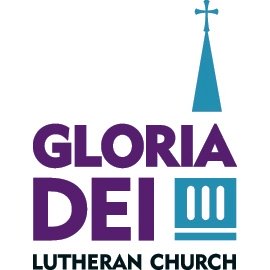“Being ready” means having a plan for what to do when we need to respond quickly and efficiently. We plan and practice for severe weather and keep jumper cables in our cars. It is a good idea to have a contingency plan for going to the hospital, especially during this pandemic.
First, recognize when it is time to seek help. Don’t hesitate to contact your health care provider or call 911 for emergencies like heart attacks. If you have virus symptoms (fever, cough, headache), do not just go to the hospital—call your clinic for directions. Home treatment may be appropriate.
If it is time to go to the hospital, know what to bring: Photo ID, health insurance cards, a list of medications and a list of allergies. Include allergies to medications, products (adhesive tape, latex) and foods. You may need a way to pay for parking. Be prepared to stay overnight and bring items like glasses/contacts, dental appliances, your phone and a charger. Do not bring jewelry or valuables with you.
Designate a contact person whom you keep informed and who then conveys information to family and friends, so you don’t have to take lots of calls when you just need to rest. Talk to a person you can trust to watch your home, care for pets, water plants and pick up mail for you.
If you are over 18 years old and have not written a health care directive, this is a great time to do that. You can download forms online. You can also write it on regular paper, that you date and sign. Include the name of someone to speak on your behalf and someone to make health care decisions for you if you are unable to do it yourself. These two functions could be done by the same person, or not. In Minnesota, advocates need to be legal adults and don’t have to be relatives. Ask your potential advocates in advance so they are prepared. You may indicate people not allowed to make decisions on your behalf. A good advocate will use your priorities, not theirs, in decision making.
When planning for children and people with special needs or sensory differences, it is important to make sure that health care providers know how to help them. Social stories may be a helpful tool for children. Masks cover mouths and muffle voices, so when people have hearing loss, other ways to communicate are important.
In addition to health care wishes, include personal, religious or cultural practices that are important or comforting to you. You can always modify your plan. If you have preferences specific to the current pandemic that are different from what you would usually want done, state them in your plan. Make sure to talk with your family, friends, health care providers and spokesperson(s) so they know what you want done.
Thinking about emergency preparedness plans can be unsettling, but it is a useful strategy that allows you to maintain some control in a crisis. Many people find it reassuring to develop plans even though most will not need to use them. The process clarifies values and can be a catalyst for rich conversations with family and friends.
by Parish Nurse Jill Stewart

